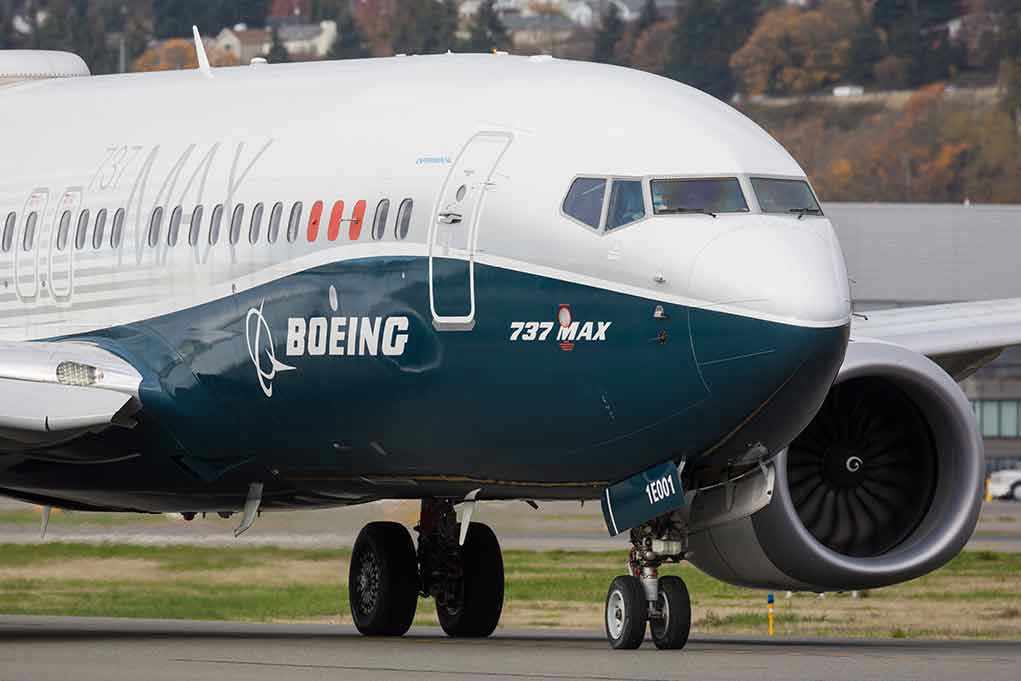
The Justice Department’s unprecedented attempt to bypass judicial oversight in the Boeing case threatens to undermine constitutional checks and balances, raising alarm among those who value accountability and the rule of law.
Story Snapshot
- DOJ seeks dismissal of Boeing charges through non-prosecution agreement before judicial review
- Judge O’Connor must decide whether to allow prosecutors to circumvent court authority
- Families of 346 crash victims oppose the deal as “morally reprehensible”
- Legal experts call DOJ’s maneuver “unprecedented” in federal criminal procedure
DOJ’s Unprecedented Power Grab
The Department of Justice filed a motion to dismiss criminal charges against Boeing after reaching a non-prosecution agreement, attempting to finalize the deal before Judge Reed O’Connor rules on the dismissal motion. This maneuver represents an unprecedented challenge to judicial oversight under Rule 48(a), which traditionally requires court approval for case dismissals. The DOJ’s strategy effectively seeks to eliminate the court’s authority to review prosecutorial decisions, setting a dangerous precedent for future corporate accountability cases.
Families Fight Government Betrayal
Families of the 346 victims killed in Boeing’s 737 MAX crashes strongly oppose the non-prosecution agreement, calling it a betrayal of justice and public trust. These families have endured years of legal proceedings, beginning with the 2018-2019 crashes that exposed Boeing’s safety failures and FAA oversight deficiencies. After the DOJ determined Boeing breached its 2021 deferred prosecution agreement and Judge O’Connor rejected a guilty plea deal in December 2024, families expected genuine accountability through criminal prosecution.
Constitutional Crisis in Corporate Justice
Legal scholars warn that allowing the DOJ to dismiss charges without judicial review undermines fundamental constitutional principles of checks and balances. The case highlights growing concerns about prosecutorial overreach and the erosion of judicial authority in corporate criminal cases. This represents a direct assault on the separation of powers that conservatives hold dear, as it concentrates excessive power in the executive branch while marginalizing judicial oversight designed to protect public interests.
Broader Implications for Rule of Law
The September 3, 2025 hearing before Judge O’Connor will determine whether federal judges retain meaningful authority to review prosecutorial decisions in corporate crime cases. If the DOJ succeeds, it could establish a blueprint for powerful corporations to negotiate their way out of criminal accountability without meaningful judicial scrutiny. This erosion of judicial authority threatens the constitutional framework that ensures government agencies remain accountable to the American people through independent judicial review.
The outcome of this case will either restore proper constitutional balance or further entrench prosecutorial immunity from judicial oversight. Patriots who value constitutional governance and corporate accountability must closely monitor Judge O’Connor’s decision, as it will shape the future of criminal justice enforcement against powerful corporate interests for years to come.
Sources:
737 MAX: Key Dates in US Criminal Case Against Boeing
Families of Boeing Crashes React with Grief and Anger Following DOJ Turnabout Announcement
Will Federal Judges Continue to Review Prosecutors’ Motions to Dismiss?




